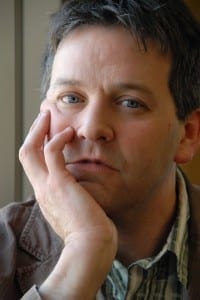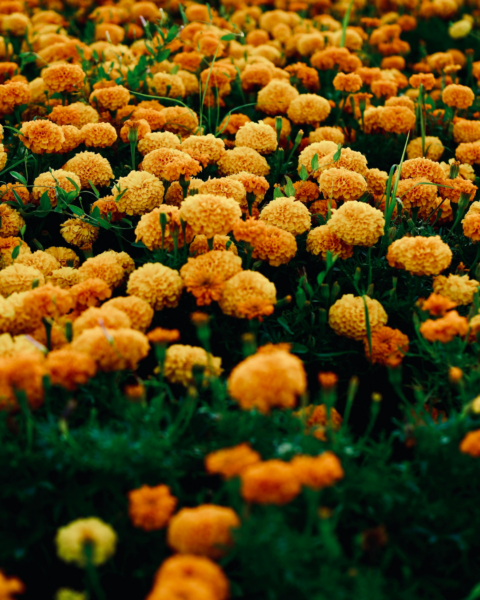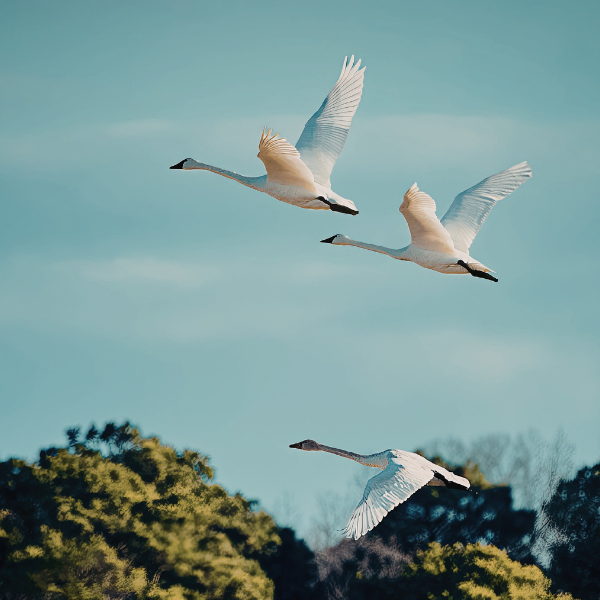This week Richard Bruxvoort Colligan is sharing a guest post of his love of the psalms. Make sure to join him this summer at the Abbey (along with John Valters Paintner, Ronna Detrick, and Roy DeLeon) for an exploration of the scriptures and the questions to which they call us. Exile and Coming Home: An Archetypal Journey through the Scriptures is a six-week online class which begins June 16th!
Rants of a 21st-century Psalmist
or
What the Psalms Do To Us
My artist friend Erika looked at my scrunched-up face from her sofa and said, “Is there any reason you couldn’t call yourself… a Psalmist?”
It was 11 years ago when my enthrallment with the Psalms was a seed breaking open. I was at a vocational crossroads as I finished seminary, struggling with practical things like employment. Erika saw something I didn’t: I was falling in love.
Since then, an unlikely calling has emerged: studying, composing, singing and teaching the Psalms. (Who gets to do that for a living?) Against all odds, I guess I’ve become what Erika commissioned me for: a Psalmist.
People often ask why the Psalms have become so important to me.
The word Psalm means “song.” Five books of them in the Hebrew Testament are the sung prayers of ancient Israel, the foundation of the Judeo-Christian worship liturgy, and the prayers that Jesus knew by heart.
You may have run across one of two in your life or may even have one memorized. What’s been your experience? How did you feel about the ones you’ve heard?
Some Psalms scream. Others sing high and pretty. When we read, sing or hear them, we witness prayers so raw and transparent we’re often uncomfortable or even resistant to letting them in. They are old, written by individuals and communities who were having a tough time of it.
Like most of what we call scripture, the Psalms are stories of a people working out their life, documenting for us a history of some of the people of God.
To be honest, I had always been kinda bored with history. Mr. Zander did his best in 8th grade but it didn’t take. That is, until our son Sam was born. Then I discovered a deep desire to explain and describe the world, not just to him but to myself. What does Then have to do with Now?
My passion for the Psalms is less about archaeology and more about our lifelong spiritual formation.
It might come as a surprise that these 3000-year-old poems speak directly– even specifically– to 21st-century issues. Here are a few biggies. See if they ring true to you for present-day life.
- Ecology and how we treat the earth
- Economic systems and what money means
- Whom do we welcome and shove out?
- The reality of injustice and our responsibility
- How to be happy
- Understanding depression, anger, anxiety and grief
- Patriotism, national crisis and being a citizen of the world
- War, violence, vengeance and justice
- Life in a culture obsessed with sex, power and denial, and
- Can I really save 15% on my car insurance?
That last one may be poor exegesis talking.
But let me ask you, a person who cares about the invisible life of individuals and communities: What would happen to you if you were immersed in the Psalms? If your spiritual community had a regular feed inviting you to stretch, grow and discover in every dimension of your life?
We’d encounter Psalm 22 — ”My God, why have you forsaken me?”– and be invited to pray in solidarity with Jesus for all those who suffer in the world. We’d notice a holy pull toward a life of justice, mercy and love.
We’d run into Psalm 23’s reality check that life is really, really hard sometimes– death, trouble, terrorism, all of it– and that there is such a thing as fearless shepherd guidance through every meadow and valley.
We’d puzzle over the mystical Psalm 87– a text all metaphor, naming us all babies born to one wonderful mother, citizens of the Holy City (the records don’t lie) and tributaries of a generous river. All of us born in Zion, and all of us sputtering our protests to this bewilderingly beautiful promise.
I’m delighted to be part of the “Exile and Coming Home” journey that taps into the Psalms.
My experience with the Abbey’s version for men was heart-opening. Not only did the material stretch us in wonderful ways, a community formed around our stories, questions and discoveries.
In the trajectory of our time together in “Exile and Coming Home,” you’re invited to tend the season you’re in right now. What does it mean to be faith-fully angry, contemplative, silent, hopeful, dedicated or active? In the company of strong characters like Amos, Hagar, Ezekiel, Mary, Hannah, Nehemiah, and Eve, we get an earful.
Let’s take a deep breath together and make space for something new.
In particular, I welcome you to an experience the Psalms– what has been for me the most transformational spiritual practice of my adult life.
Well. I do go on.
[Shrug, smile]. I’m a Psalmist. —Richard Bruxvoort Colligan
Register for our summer online course!
Exile and Coming Home: An Archetypal Journey through the Scriptures
June 16-July 27, 2014
A six-week online program
with John Valters Paintner, Ronna Detrick, Richard Bruxvoort Colligan, & Roy Deleon
The scriptures can seem foreign and out of date to modern readers. The Bible is often ignored, misused, or abused even by those who claim it as their own sacred text. And yet, beneath all its modern baggage, it holds great sacred truths. Only through careful reading and reflection can we find a deeper kinship with our spiritual ancestors. It is time to put aside what we think we know and read again with fresh eyes what the scriptures have to teach us.
This six-week course will explore the universal experiences of exile and return home again through personal reflection on the stories of several Biblical figures and Psalms. These offer invitations into different archetypal themes of what it means to live meaningfully as a contemplative and creative person in the world. How might these potent stories and ancient prayers from the Hebrew Scriptures deepen our journey into becoming monks in the world and artists of everyday life?
Each week we will explore a different theme which break open the great archetypal themes of exile and coming home at the heart of the scriptures, a male and female voice from scripture, and a Psalm which deepens our understanding of the theme, connecting our prayers to the great lineage of monastic tradition.
The course includes reflections by John Valters Paintner, Richard Bruxvoort Colligan, and Ronna Detrick whose passions are the wisdom of the Scriptures for our world today. Roy DeLeon will be inviting you into a gentle movement prayer for the week’s psalm, to explore its meaning in an embodied way.
Each week you will be invited into reading, questions to ponder, the practice of lectio divina, creative invitations through writing and photography, movement prayer, as well as an online forum to have conversations with other monks reflecting on this journey. John, Richard, Roy, and Ronna will be facilitating this virtual gathering space. You are welcome to participate online as much or as little as needed for your own journey.




